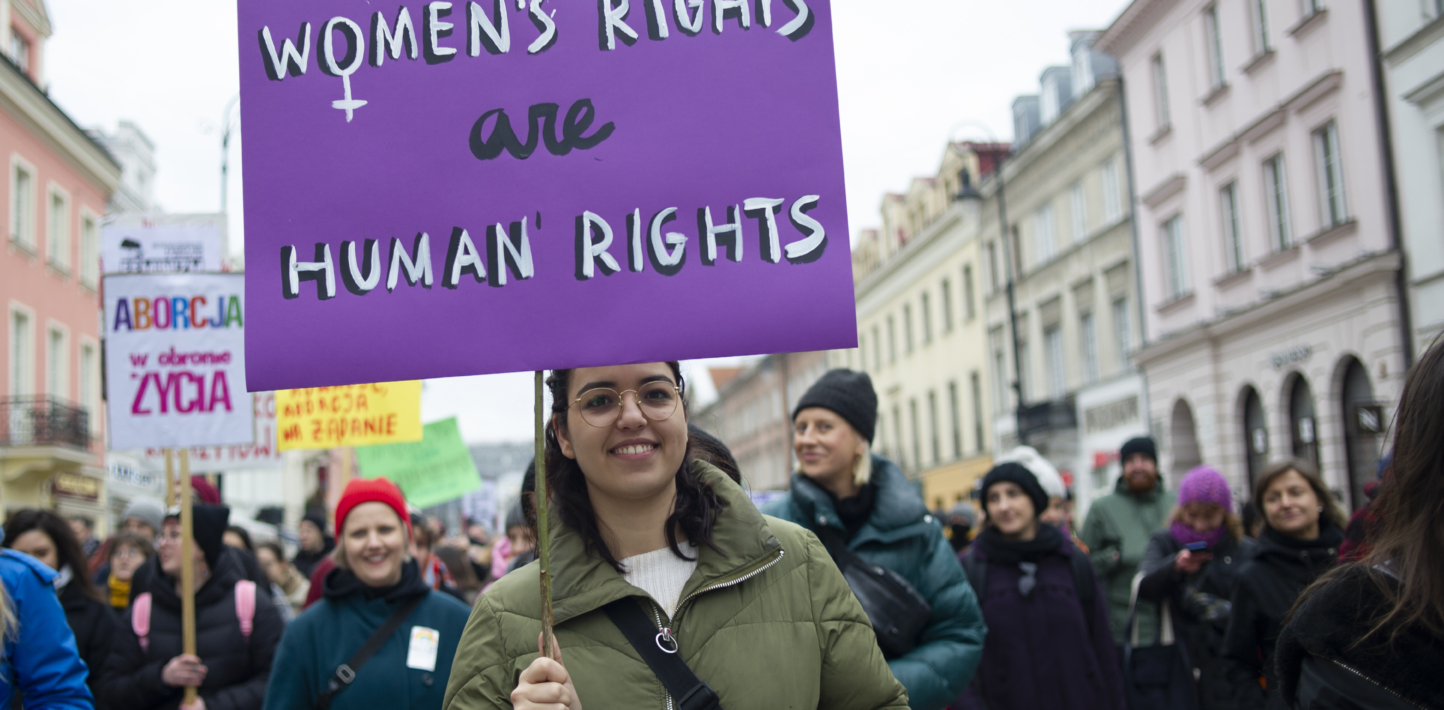As interinstitutional negotiations on the European Commission’s proposal for a Directive on combating violence against women and domestic violence reach a crucial phase, Amnesty International and 11 other civil society organisations call on the European Commission, the European Parliament and the Council of the EU to find meaningful compromises, to ensure that the Directive truly serves the needs of all survivors/victims of violence against women and girls and domestic violence, advances the achievement of gender equality and the effective protection of victims’ rights in the European Union, and recognizes the essential role of civil society organisations in ensuring prevention, protection, and direct support services for victims.
Amnesty International, Center for Reproductive Rights, End FGM European Network, EuroCentralAsian Lesbian* Community (EL*C), European Sex Workers’ Rights Alliance (ESWA), Human Rights Watch, IPPF European Network (IPPF EN), La Strada International, Organisation Intersex International Europe (OII Europe), Platform for International Cooperation on Undocumented Migrants (PICUM), The European region of the International Lesbian, Gay, Bisexual, Trans and Intersex Association (ILGA-Europe), Transgender Europe (TGEU) urge the negotiating institutions to ensure that the Directive meets these important goals in the following key areas:
INTERSECTIONAL DISCRIMINATION
1. Recognises sex and gender as grounds for violence against women and domestic violence, to ensure the Directive is effective in protecting all victims of such violence.
2. Responds to the specific needs of victims, taking account of the intersecting forms of discrimination that affect their ability to access protection, support, justice and remedy. This includes specific attention paid to certain groups, including LBTIQ+ women, women sex workers, and women who are undocumented migrants or have an insecure or dependent
residence status.
CRIMINAL OFFENCES
3. Includes the criminal offence of rape with a consent-based definition.
4. Includes the criminal offences proposed by the European Commission, and the criminal offences of intersex genital mutilation, forced sterilisation, forced marriage, and sexual harassment in the workplace.
PROTECTION OF VICTIMS AND ACCESS TO JUSTICE
5. Strengthens access to justice and protection of victims, including safe reporting mechanisms through the establishment of strict firewalls between immigration and other authorities to ensure women and girls are not deterred from reporting violence due to their residency status.
6. Strengthens compensation for victims.
VICTIM SUPPORT
7. Guarantees comprehensive support to victims and access to both general and specialist services.
8. Guarantees adequate and tailored support for child victims.
9. Guarantees access to comprehensive medical care including sexual and reproductive health services as part of specialist support services available to victims of sexual violence, including the clinical management of rape and access to safe and legal abortion.
PREVENTION
10. Includes widespread and effective preventive measures, including a clear obligation to ensure comprehensive sexuality education.
These calls are further detailed in the joint civil society position, linked hereafter.


